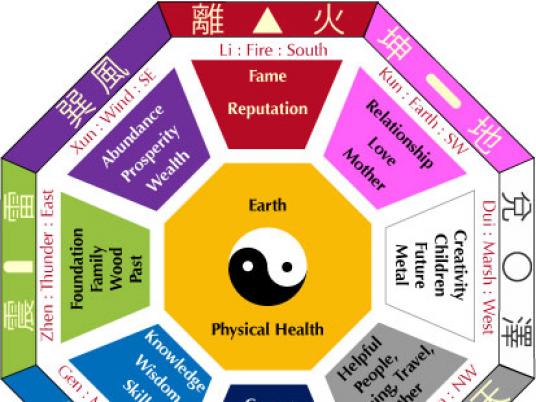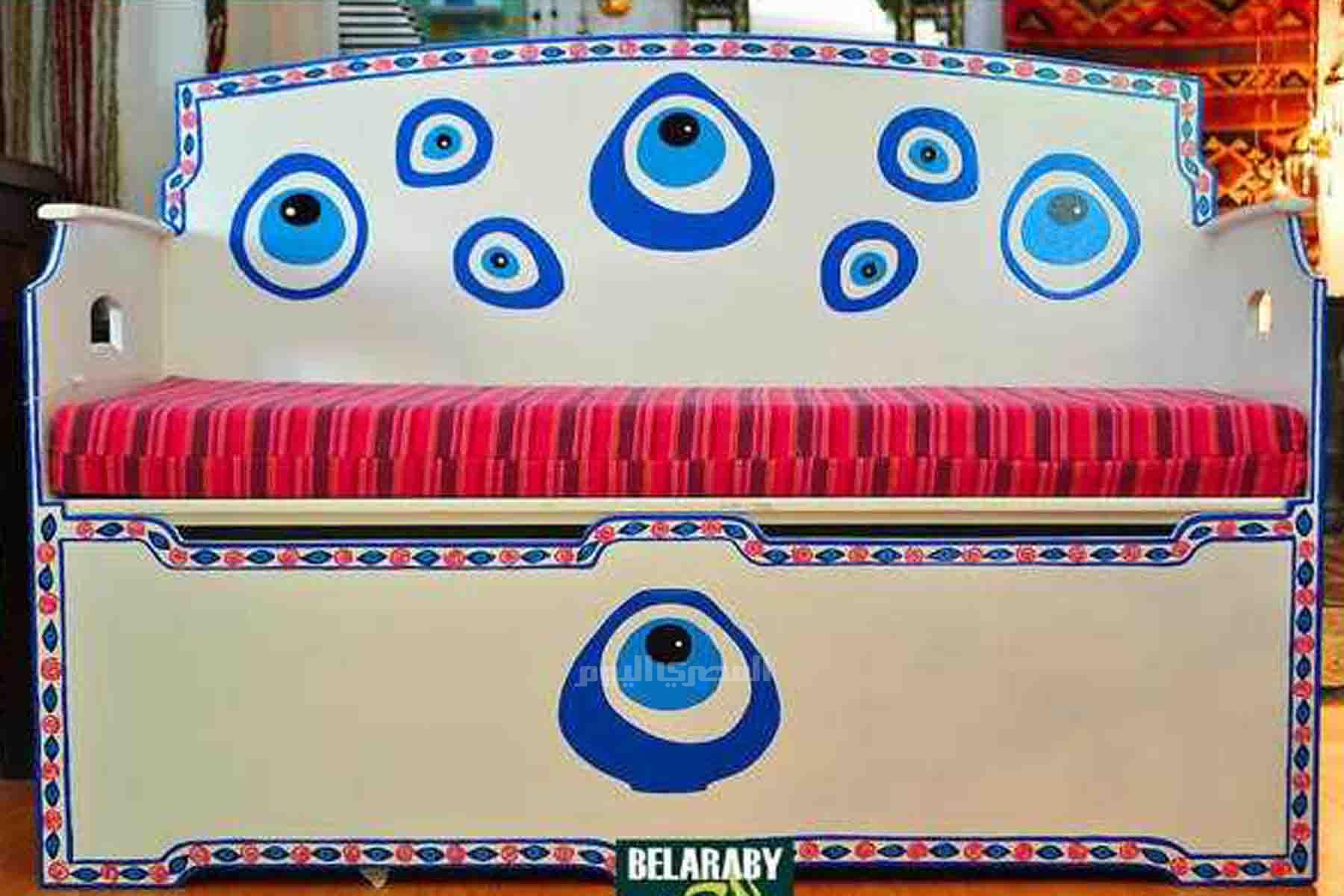Some call feng shui a philosophy and others call it new age junk, but if you take it seriously, it might explain why it seems there’s a right place for everything. Practical feng shui offers advice on how to arrange your home and place of business. By simple rearrangements and decoration, feng shui is thought to promote prosperity, health and harmony. "Feng shui literally means [the flow of] ‘wind and water.’ These are the elemental forces which shape a landscape and also have the hidden power to affect human fortune," writes Man-Ho Kwok, author of "The Elements of Feng Shui." A feng shui expert advises on where and how to construct a building, such as the direction it should face and its ideal shape. Finding the perfect home is rarely easy, but feng shui provides advice on adapting to your surroundings even if you don’t find a dream house. "Feng shui is a way of living harmoniously with, rather than conquering, the natural world," writes Kwok. Feng shui is primarily the examination of and adjustment to chi, or energy flow, in a place. In its largest sense, it is the matter that composes everything on Earth. Chi is said to be created and organized from above by li, or ritual propriety, which determines order. Chi is basically moving energy. Chi enters through windows and doors, becomes blocked by objects in its path, and can be reflected by mirrors. When it becomes stagnant in a place, certain types of misfortunes can occur. According to Kwok, "’Chi is continually on the move, condensing, evaporating, inhaling and exhaling. If it is blocked by the position of a door of a building it can cause disaster but, by contrast, it can also evaporate in a space that is too open." Chi that flows in a curved path is positive energy, while chi that flows in straight lines or along sharp edges is negative. "If the feeling is curved, you feel much more comfortable in it," says Mohamed Meshref, an interior designer and light expert who has studied feng shui. "When you have sharp edges you can smooth these edges. Our minds and our body are in organic shapes. Elements of nature are in organic shapes as well. So it’s not natural for us to live with sharp edges. Cubic shapes affect our mind and way of life." Even if your home has negative chi, there are few steps you can take to promote an auspicious environment. If you’re going to try to apply feng shui, it’s best to consult a book or an expert. In many instances, however, what feels right for you could be what guides you. According to feng shui, there are legitimate reasons why a nice view out of your window or a clean, well-organized room makes you feel at ease. Living Room A living room is best situated near the main door to receive guests easily, but should not be in direct sight from the entrance. If you have a small living room, put up a mirror to make the room feel larger. The wealth point in this room is in the upper left hand corner as you enter. A plant with large, round green leaves placed here is believed to promote wealth, while a kettle or water boiler here will evaporate your finances. Bedroom The bedroom is the most important room in our home; it is where we spend about a third of our lives sleeping and where we are most vulnerable. The placement of the bed is of particular importance to happiness in marriage. In general a bed should not face a door, be under a beam or be right next to a window. The headboard should be against a solid wall. Clutter under your bed can cause poor health. Kitchen Belinda Henwood, co-author of “Feng Shui” offers straightforward advice on the appearance of your kitchen: "Choose smooth surfaces – preferably lighter shades – and always keep your kitchen clean. You will find indoor plants, window boxes, or small shrubs outside the window will help it stay cool." She also writes that if your stove faces a door, someone could startle you while you’re cooking, so install a mirror so you can see what’s behind you. Power and Mirrors Some objects are believed to have power. Plants and aquariums usually promote good energy. Mirrors can alter the chi, depending on where they are hung. A properly placed mirror can reflect bad energy away, while a poorly placed one can make bad energy bounce around. Electronic screens on televisions and computers act like mirrors too, so they should be covered at night if you keep them in your bedroom. Lighting Meshref suggests using indirect light to illuminate objects in a room, except in workspaces and dining rooms, where hanging lamps are preferred. Dimmers can also set people at ease and provide balance between light and dark spaces. "When you illuminate everything in a living room [properly] there is going to be harmony in the intensity of light," he says. Instinct or Knowledge? There’s a lot to consider when designing your home, which is why so many people put so much thought into it. Truth be told, if you just trust and apply your sound judgment, enough to consider where objects belong, you probably will be applying feng shui in some way. Beyond that, feng shui has extensive charts and compass drawings that are meant to tell you how to arrange your home. History of Feng Shui The roots of the Chinese philosophy feng shui (pronounced feng sh-way) trace back to the Han Dynasty circa 120 BCE, when the 21-volume Huai Nan Tzu (an encyclopedic work of Chinese thought) was written. Philosophy at this time dealt with natural forces not associated with the divine, such as yin and yang and the workings of society. Further Reading There are plenty of books out on the market, and they vary in the depth of their analysis. Some provide mostly an introduction with some tips while others discuss the history and go into greater depth on measuring chi. For this overeview, "The Elements of Feng Shui" by Man-Ho Kwon with Joanne O’Brian and "Feng Shui” by Belinda Henwood and Howard Choy were used.


